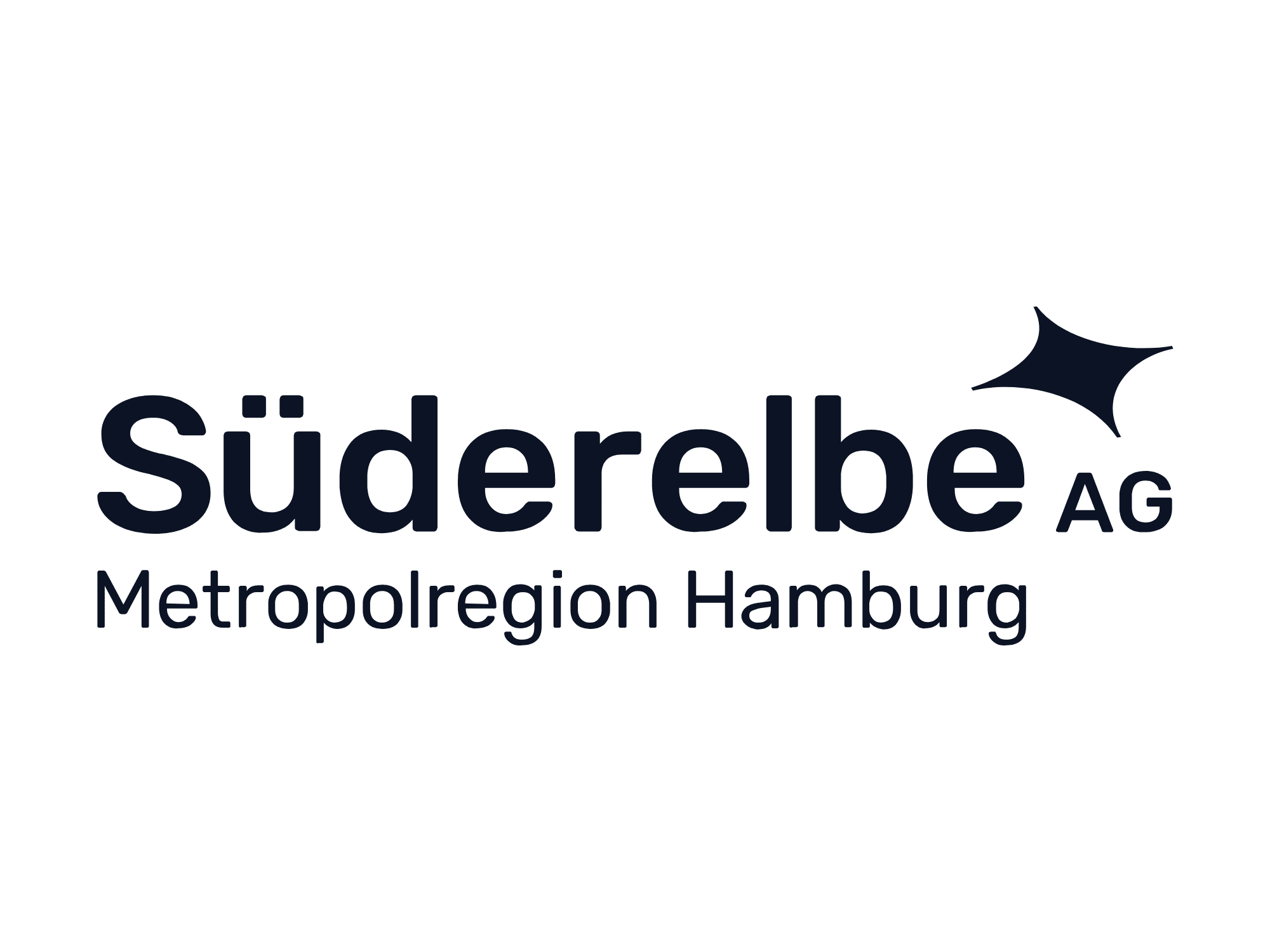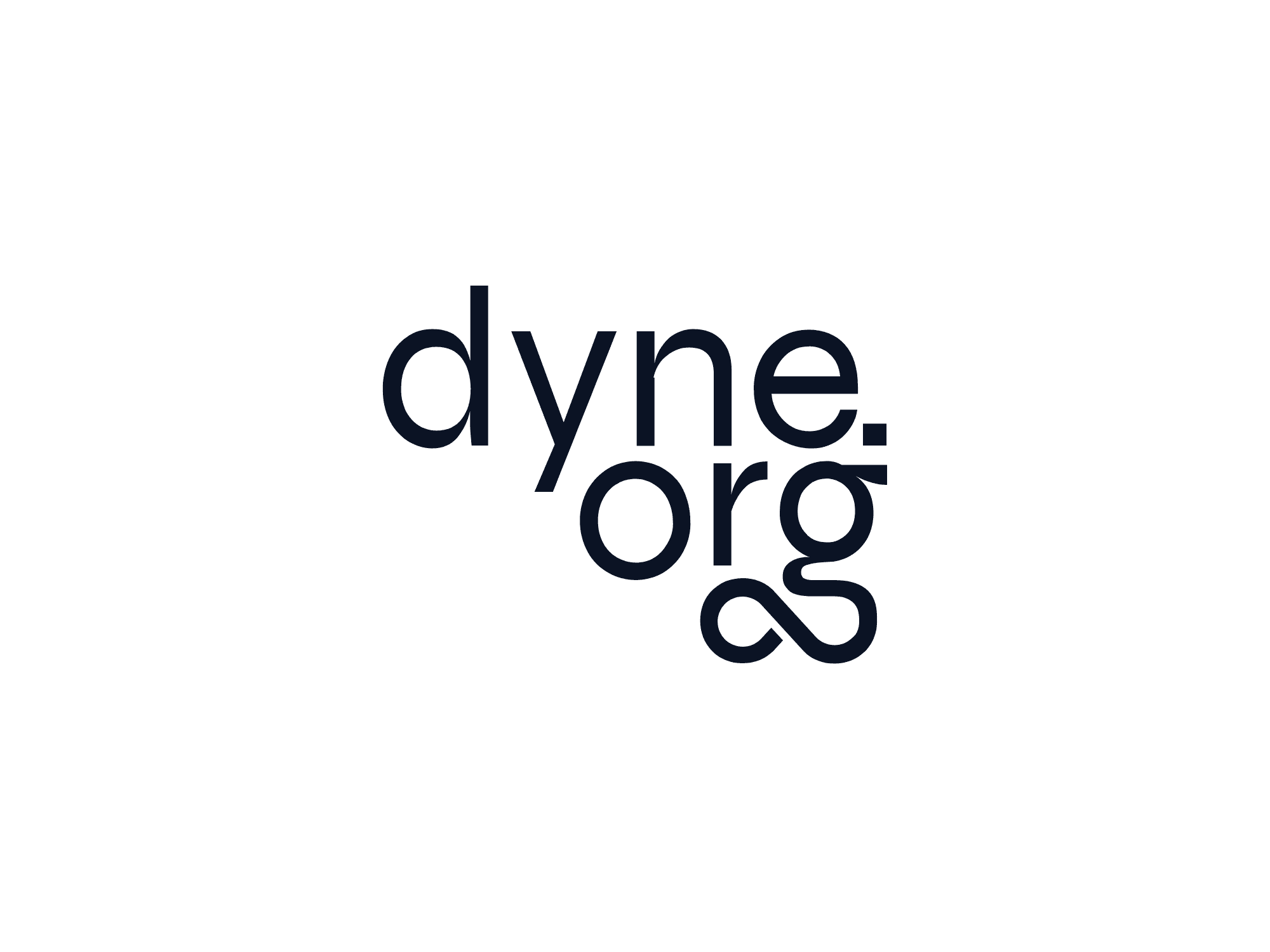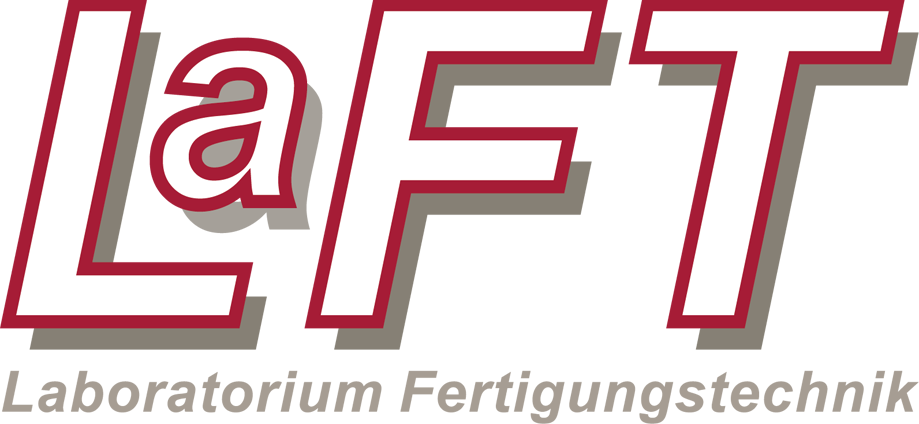
A city where you can make (almost) everything yourself?
The dtec.bw research project Fab City Hamburg is investigating how cities can become less dependent on global supply chains through the use of open production infrastructures and digital manufacturing technologies, while at the same time promoting local, circular value creation. The aim is to establish resilient urban production that connects citizens, makers, science and municipalities – from the idea to the product.
The focus here is on the systemic linking of technological development with governance structures, educational formats and social participation.
As part of the project, nine thematically specialized real-world laboratories have already been established in the Hamburg metropolitan region, so-called OpenLabs. OpenLabs are open stationary or mobile workshops in public spaces that serve to test collaborative, distributed product development and manufacturing in different stakeholder constellations. As concrete learning and innovation spaces in the city, they offer low-threshold access to digital manufacturing technologies.
Intro
What does the Playbook offer?
Multi-layered insights into Hamburg’s journey to becoming a self-sustaining “Fabrication City”: a playbook for a circular and digitally empowered city. What happens when citizens become makers and cities start producing again? On more than 100 colorful pages, the playbook shows how the Living Lab of the Fab City Hamburg explores and combines local production and global impact.
Learn from a wide range of real projects for your own city, labs or initiatives.
Discover labs, places and people behind the movement.
- Inspiration for circular economy in the neighborhood.
Interdisciplinary unity for the city of tomorrow
An inter- and transdisciplinary consortium of over 30 partner institutions is investigating the theoretical and practical foundations of urban production systems. Perspectives from engineering, economics, social sciences, law and education are applied as well as approaches from urban planning, logistics and digitalization.
The technologies and formats developed will be openly documented and modularly designed to enable scalability, global reproducibility and participatory further development. The project aims to provide a sound scientific basis for the implementation of sustainable, localized production ecosystems in urban areas.
Focus areas
Open Labs
Development and testing of OpenLabs as low-threshold access points to digital manufacturing technologies and local production in urban areas with different sector-specific focuses to promote innovation and technological training.
- OpenLab Hamburg at the Helmut-Schmidt-University Hamburg
- OpenLab MedTec at the Bundeswehr Hospital in Hamburg: development of open medical technology solutions – for example for care, rehabilitation or emergency assistance.
- OpenLab Mobile in cooperation with Süderelbe AG A mobile Fab Lab in a converted truck – for flexible use in city districts, at events or at educational institutions.
- OpenLab Microfactory – from manufacturing laboratory to mobile microfactory, most recently set up in the Pop-Up Circular Hub in Jupiter, Germany’s flagship project for the creative reactivation of vacant properties and the transformation of inner-city spaces. Currently on display at FABRIC – Große Bleichen 21, Galleria Passage
- OpenLab Circular Plastics at Insel e.V.: Working with recycled plastics, for example through injection molding, extrusion or pressing processes.
- OpenLab Food with the Climate Protection Foundation Hamburg: pilot projects in the field of open source agriculture with a focus on local and sustainable food production, e.g. farm robots, urban gardening, hydroponics or fermentation.
- OpenLab Circular Textiles by House of All: experimental space for circular textile production – including repair, upcycling and open design processes.
- Open Lab Port with the Hamburg Port Authority: use of existing spaces at homePort in the Port of Hamburg to combine the maritime economy, sustainability and local production.
- Design and implementation of innovative educational formats for teaching manufacturing skills, repair knowledge and sustainable design and production practices
Open source technology development
- a modular, open-source toolkit of digital fabrication tools, including small and large-format CNC milling machines, 3D printers and scanners, and laser cutters. The set can be used for Fab Labs, OpenLabs, or mobile microfactories to build and configure small-scale manufacturing environments with the aim of creating a modular, physical production infrastructure for the city of the future
- Optimization and further development of the technical documentation and quality assurance of complex open source hardware machines in cooperation with the TU Berlin
- Research into legal issues relating to open source hardware in cooperation with the IP Center at Bucerius Law School
Transition governance, citizen innovation and impact analysis
- Research into transition governance models at the urban level in cooperation with HafenCity University Hamburg (hcu)
- Recommendations for action for urban integration and neighborhood development in cooperation with hcu
- Research into the participation of citizens in co-creative innovation processes and participatory technology development in cooperation with Kühne Logistics University
- Integration of local and global Communities of Practice
- Development of metrics for impact analysis and a comprehensive Fab City product portfolio in cooperation with MIT – The Center for Bits and Atoms and Fab City Hamburg e.V.
Fab City Vision
Motivation
Global supply chains are fragile, resources are finite and industrial value creation is often neither sustainable nor fair. At the same time, new forms of local production are emerging in cities around the world – digitally networked, collaboratively organized and resource-efficient.
Our mission: From PITO (Product In Trash Out) → DIDO (Data In Data Out), which describes the transition from a waste-oriented consumer society to a data- and knowledge-based, local production economy. More on this in the Fab Dictionary.


Local production
The dtec.bw Fab City Hamburg project builds on the development of PITO to DIDO and explores what a resilient, digital and circular production infrastructure in urban areas could look like. It creates practical, scalable approaches to urban manufacturing and supports Hamburg in becoming part of a global movement for sustainable urban development. Find out more about urban production here.
Key results
- Development and implementation of 9 OpenLab pilot projects in Hamburg and 15 other pop-up labs for researching and implementing local production concepts in various contexts
- Implementation of over 154 workshops, interviews and participatory formats with over 2,000 participants from administration, civil society, the creative industries and the skilled trades.
- Development of 17 open source hardware prototypes, such as the OpenLab Starter Kit, the OSAMbot (Open-source Agricultural Mobile Robot) or the LibreSolar Kit for renewable energies
- Accompanying research and promotion of young scientists (10 ongoing and partially completed doctorates)
- Development of the OpenLab Data Monitoring System for the automated collection and visualization of production data in the context of monitoring and evaluating sustainability criteria (e.g. material and energy consumption)
- Open access book publication at Springer Nature with the title: Global collaboration, local production: Fab City as a model for circular economy and sustainable development | SpringerLink
- Publication of the Fab City Playbook as a practical handbook for municipalities, maker communities and other stakeholders to implement Fab City principles.
- Consolidation and further development of project results within the framework of follow-up projects such as INTERFACER (EU), LAUDS (EU), DATipilot (BMFTR)
OpenLab Insights
The four short video clips provide insights into the presentation and a location where the OpenLab Starter Kit is used, the possibilities and research work at the OpenLab Microfactory, and the OpenLab MedTec at the German Armed Forces Hospital in Hamburg.
Consortium partners


Impressions

Consortium meeting, presentation: Florian Cramer, Kühne Logistics University, Urban Food Production

Workshop “Libre Solar Box”

OpenLab Mobile: A converted truck as a mobile production workshop for Hamburg and the metropolitan region

OpenLab Mobile: A converted truck as a mobile production workshop for Hamburg and the metropolitan region

Consortium meeting, Discussion: “Measuring the Impact: Fab City Fullstack Metrics”

Consortium meeting: Presentation

Consortium meeting: Exchange

OpenLab MedTec at the Bundeswehr Hospital Hamburg: A hub for cooperative, open-source medical technology.

Consortium meeting, presentation: Merle Ibach, Hafencity University Hamburg, Transition Governance

OpenLab Starter Kit Development: A set of open source machines for Fab Labs and Open Labs

The “Pop-Up Circular Hub:” Exhibition, events, workshops and educational offers on the topic of “Circular Economy” in the heart of Hamburg’s city center
Fabrication City
The Fab City movement
After the Free and Hanseatic City of Hamburg became the first German city to join the global Fab Cities initiative in June 2019, the Fab City Hamburg e.V. association was founded in October 2020 with Hamburg’s fab labs, makerspaces, workshops, innovative start-ups and research institutions.
Urban production
OpenLab Ecosystem
The Open Lab ecosystem connects decentralised, open production workshops (OpenLabs) in the Hamburg metropolitan region and makes digital manufacturing accessible to all – as part of the Fab City research project. Through open-source hardware, it promotes local innovation projects and urban production, while also serving as a ‘living lab’ for sustainable urban development and social participation.
Fab-Dictionary
Fab City Global Initiative
The Fab City Global Initiative aims to transform cities into resilient, regenerative circular systems by 2054: everything that is consumed should be produced locally wherever possible. Instead of container ships full of products, only data circulates globally, i.e., open construction plans, design files, and production knowledge. Local maker communities, workshops, micro-factories, and digital platforms enable this new form of urban value creation. Hamburg is part of the global Fab City Community—a network of more than 40 cities and over 11 regions worldwide that are working on this transformation. Together, they demonstrate how sustainable production, digital participation, and social innovation can work together in urban areas.
From PITO to DIDO
The DIDO model is at the heart of the Fab City vision and describes a fundamental change in urban value creation:
PITO (Products In – Trash Out) describes the classic industrial production model of globalized cities: physical products (goods) are mass-produced in globally distributed value chains and imported by cities (Products In), which become waste after use and are then exported (Trash Out).
DIDO (Data In – Data Out), on the other hand, is switching to a data-based paradigm – creating real added value through openness and modularity: digital drafts, designs, instructions and manufacturing knowledge are shared globally (Data In – Data Out), while products are manufactured locally from materials on site and recycled and processed in the company’s own system after use.
The DIDO model promotes:
- Circular economy – physical resources remain in regional circulation.
- Global connection – digital designs and expertise are spreading worldwide.
- Sustainability and resilience – local production reduces supply chain risks and environmental impact.
Conclusion: PITO→DIDO means the transition from a waste-oriented consumer society to a data- and knowledge-based, local production economy – the key to self-sufficient and sustainable cities.
(Sources: Fab-City Whitepaper, Fab City Global Initiative: Join Sustainable Cities Movement, The Fab City Full Stack | SpringerLink)

Urban production
Production used to be an integral part of urban life – visible in street names such as Schmiedegasse or the famous Reeperbahn in Hamburg, named after the Reepschlägern who made ship ropes for the nearby port. With increasing industrialization, however, production increasingly shifted to the outskirts of the city. The reasons for this were the need for more space, pollution control, rising land prices and hygiene requirements.
After decades of functional separation (living versus working), the return of production to the urban fabric has been discussed for some years under the term urban production. Urban production refers to the manufacture of material goods in cities with predominantly locally available resources and short supply chains – for example in small factories or micro-factories. It brings production closer to consumption, creates jobs and strengthens the urban community and awareness of manufacturing processes.
However, the ecological and social problems of global pre-production often remain invisible or are deliberately ignored. A sustainable assessment requires systemic approaches such as life cycle and material flow analyses that take global effects into account.
In short:
Urban production in the Fab City means that cities are once again producing what they need themselves – with the help of digital technologies, local workshops and open knowledge. This strengthens the community, protects the environment and makes cities fit for the future. However, further research and testing is still required for a sustainable evaluation of new forms of urban production.
Source: The Productive City: (Re-)Integration of Urban Production | SpringerLink
Open Lab
An OpenLab is an open workshop in the neighborhood – equipped with machine tools, materials and know-how. In these workshops, citizens, students, start-ups and craftspeople can learn, develop and produce things together.
The construction plans (e.g. for furniture or machines) are shared digitally – anyone can develop them further and implement them locally according to the motto: design, repair, learn or implement your own ideas. OpenLabs promote creative self-empowerment, offer low-threshold access to technology and strengthen the local community. They are the interface between education, technology and participation.
Microfactories
Microfactories are small to medium-sized, modular production facilities that use modern technologies to optimize their processes. Compared to conventional factories, they can achieve significant cost, efficiency and energy savings.
The OpenLab Microfactory is a small, modular production facility in the middle of the city that functions as a “pop-up” real laboratory. The aim is to test decentralized, digital and participatory production of small to medium-sized series directly in the urban environment.
Key points at a glance:
Compact & scalable: The Microfactory consists of open-source machine tools (e.g. OpenLab Starter Kit), software and sensors for recording energy and material data
Data-based & transparent: consumption and operating data are presented openly – to analyze resource consumption and ecological impact
Pop-up implementation: The modules are set up temporarily at locations such as the Pop-Up Circular Hub (Jupiter) or trade fairs – making them visible and accessible to the public. Currently exhibited at FABRIC!
Education & participation: There are workshops, guided tours and exhibitions to actively involve citizens in production and circular economy concepts
Why this is important:
- Promotes local production and reduces dependencies on global supply chains.
- Supports circular economy through transparent data and modularity.
- Enables technological participation – city dwellers experience, design and understand production processes.
In short: the Microfactory is an urban tool for sustainable, innovative and cooperative production in the city. More at: openlab.hamburg
Project title and duration
Fab City – Decentralized, digital production for urban value creation, 2021 – 2026






